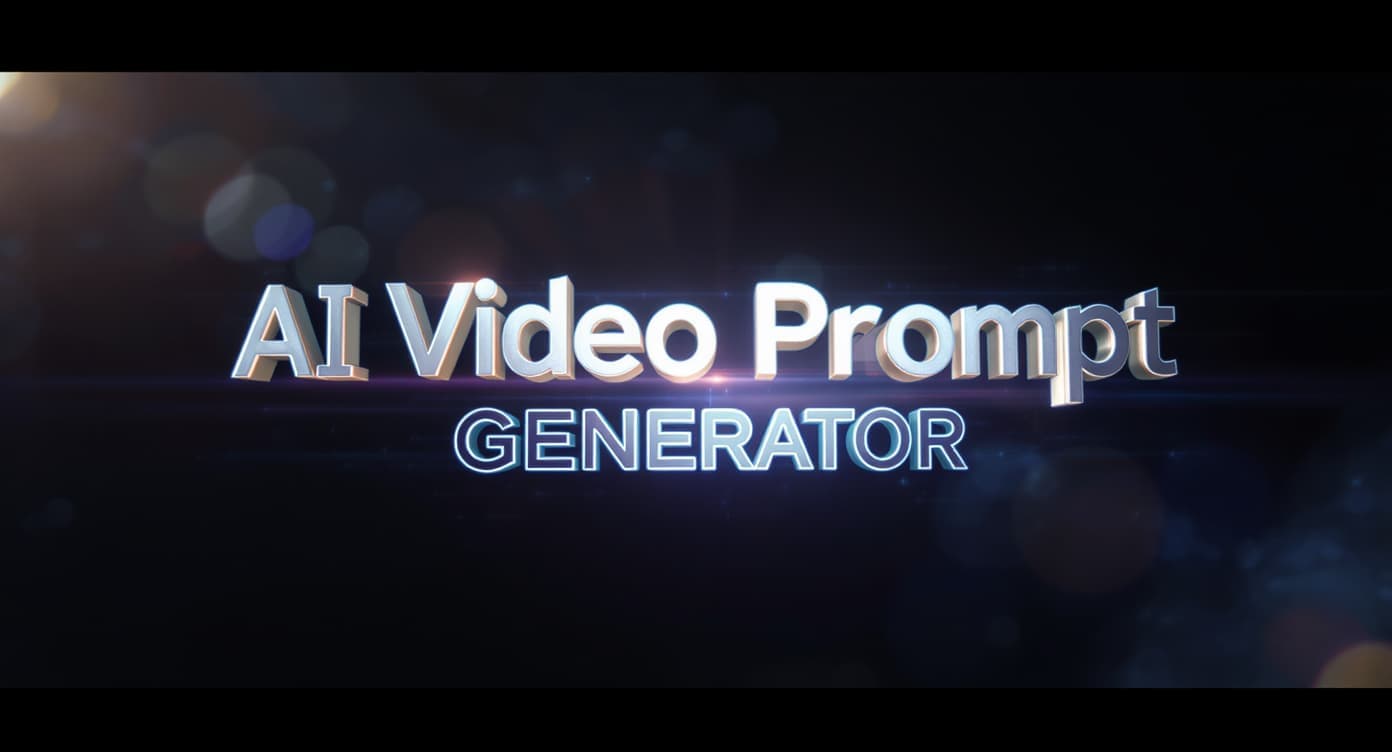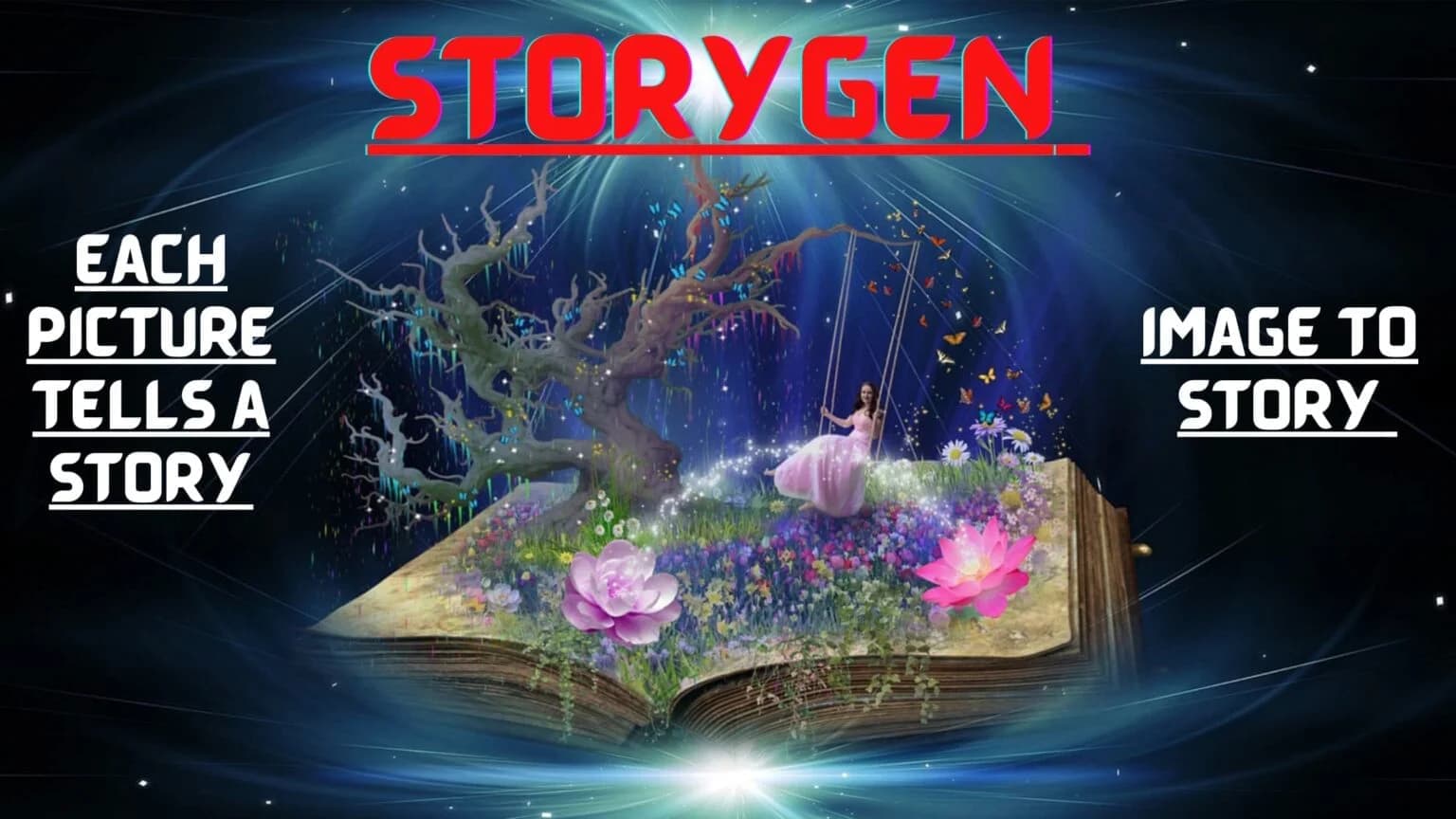Unleash Your Creative Potential
with AI Magic
by AI Convert
Transform your creative workflow with our suite of cutting-edge AI tools. Generate stunning images, remove backgrounds instantly, convert text to speech, and enhance photos like never before.
Everything You Need to Create Amazing Content
Our comprehensive suite of AI tools empowers creators, designers, and businesses to produce professional-quality content in seconds.

Artigen V2: AI Art Generator
An AI artist that transforms your text into unique, high-quality artwork with a distinct aesthetic.

Artigen Pro: AI Image Generation
Create stunning, high-quality images from simple text descriptions using our advanced AI models.

AI Anime Generator
Create original anime characters and illustrations in various styles like Modern, 90s Retro, Chibi, and more.

ArtifyPro: Photo to Artistic Sketch
Convert your photos into detailed, hand-drawn sketches with rich shading and texture.

LineArtify: Photo to Line Drawing
Transform your photos into elegant, clean line art, perfect for outlines and coloring pages.

AI Video Prompt Generator
Turn any static image into a cinematic video prompt. Our AI writes professional scene descriptions for tools like Sora, Veo, and Runway.

Promptigen: Image to Prompt
Reverse-engineer any image into a detailed, creative text prompt for AI art generators like Gemini Nano Banana and Seedream 4.0.

Background Removal
Remove backgrounds from any image instantly with precision AI that handles complex edges perfectly.

Text to Audio
Convert any text into natural-sounding speech with multiple voices and languages available.

Mergify: AI Face Swap
Swap faces in any photo with surprising realism. Create fun and creative images by merging faces instantly with our advanced AI face swapper.

Llama-4: Advanced AI Chat
Engage in intelligent conversations with a next-gen AI assistant. Features a vast context memory, chat history, and advanced reasoning capabilities.

Cartoonify Yourself
Instantly turn your photo into a fun, 2D-style cartoon with a single click. Perfect for profile pictures and social media!

DigiCartoony: Photo to Digital Art
Elevate your photos into high-quality digital paintings with a unique, artistic style and detailed rendering.

Storygen: AI Story Generator
Unleash your creativity. Turn any picture into a unique, narrative-driven story with our advanced AI.

ColorifyPro: AI Photo Colorizer
Automatically add realistic color to black and white, sepia, or vintage photos, bringing your old memories back to life.

Image Enhancement
Upscale and enhance your images with AI. Increase resolution while maintaining quality.

PhotoRevive: AI Photo Restoration
Breathe new life into your memories. Our AI automatically repairs old, damaged, and faded photos, removing scratches and enhancing quality.
A Free AI Toolkit for Everyone
We've designed a suite of powerful and easy-to-use AI tools that are completely free and accessible to all.
Diverse AI Toolkit
From text-to-image generation and AI photoshop to story creation and photo repair, access a massive range of creative and editing tools in one place.
Completely Free & Unlimited
Unleash your creativity without limits. All our tools are 100% free with unlimited usage, no hidden costs or premium tiers.
Instant Access, No Sign-Up
Start creating immediately. No sign-ups, no logins, no credit cards required. Just pure, accessible AI power.
Privacy-Focused by Design
We respect your privacy. Your uploaded images and generated content are processed securely and automatically deleted from our servers.
High-Quality Results
Powered by advanced generative AI models to ensure your creations, from artistic images to repaired photos, are high-quality and detailed.
Simple & Intuitive
No complex settings or learning curves. Every tool is designed to be straightforward: upload your file or type your text, click, and download.
Works On Any Device
Access our full suite of AI tools from your desktop, tablet, or mobile. All you need is a modern web browser to start creating.
For Every Creator
Whether you're a writer, artist, designer, marketer, or just having fun, our tools are built to inspire and assist everyone.